Germany’s Energy Transition: Powering Towards a Sustainable Future
Germany’s Commitment to Renewable Energy
Germany has been at the forefront of the global energy transition, setting ambitious targets and implementing a comprehensive strategy to transform its energy system. As one of the world’s largest economies and a leader in renewable energy, Germany’s actions have significant implications for the global shift towards a sustainable energy future.
Germany’s Renewable Energy Targets
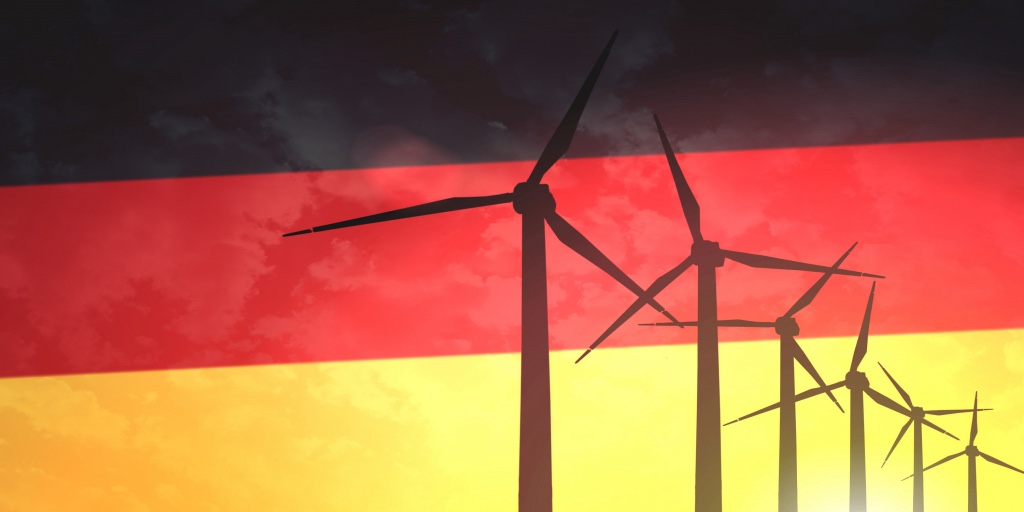
According to the German Federal Ministry for Economic Affairs and Climate Action, Germany aims to increase the share of renewable energy in its gross final energy consumption to 65% by 2030, up from 19.3% in 2020. To achieve this target, the government has introduced a range of policies and incentives to support the development and deployment of renewable energy technologies.
Diversifying the Renewable Energy Mix
Germany’s renewable energy mix is becoming increasingly diverse, with significant investments in wind, solar, and bioenergy. In 2020, the country’s renewable energy generation was dominated by wind power (55.8%), followed by bioenergy (22.1%), solar (12.9%), and hydropower (6.5%).
The Expansion of Wind Power in Germany
Wind power has been a cornerstone of Germany’s renewable energy strategy, with the country playing a leading role in the global wind energy market.
Onshore Wind Power Growth
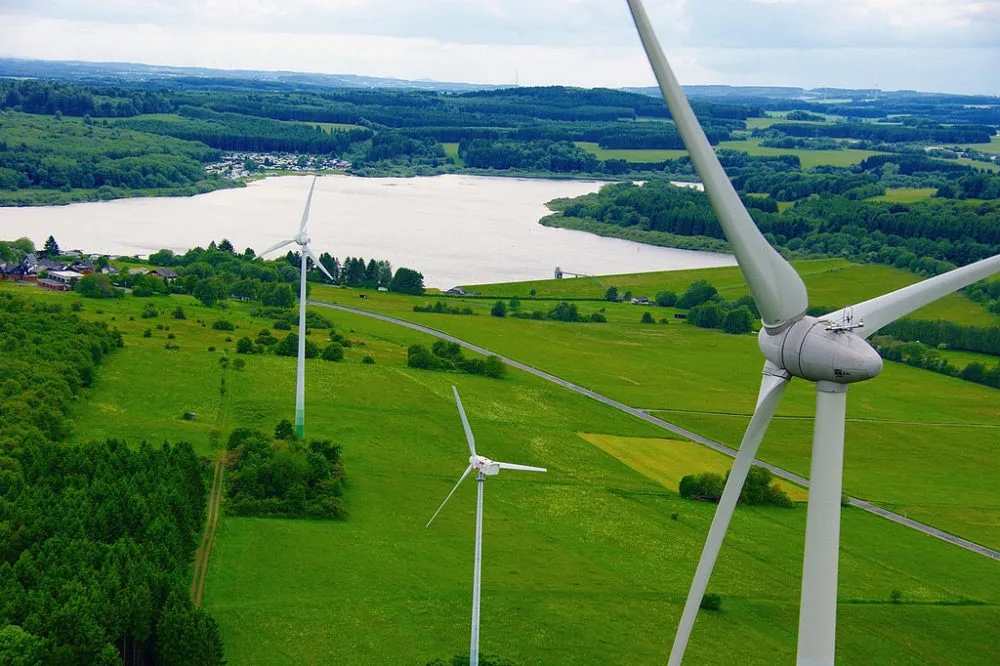
Germany has a well-established onshore wind energy sector, with an installed capacity of 54.4 GW in 2020, accounting for the largest share of the country’s renewable energy generation. The government has implemented policies to streamline the permitting process and provide financial support for onshore wind projects, contributing to the steady growth of this sector.
Offshore Wind Power Development
Germany is also a global leader in offshore wind power, with an installed capacity of 7.7 GW in 2020. The country has set a target of installing 30 GW of offshore wind capacity by 2030, with plans to further increase this to 40 GW by 2040.
The Rise of Solar Power in Germany
Solar energy has also become an increasingly important part of Germany’s renewable energy mix, with significant investments in both large-scale and distributed solar photovoltaic (PV) systems.
Solar Power Capacity Growth
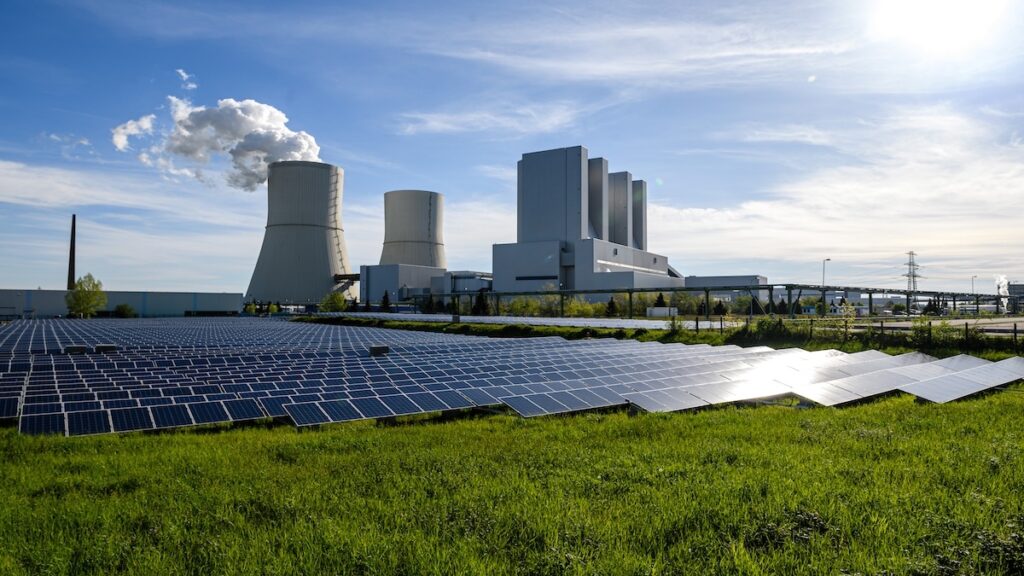
According to the German Solar Association (BSW-Solar), Germany’s installed solar power capacity reached 54.1 GW in 2020, up from 49.2 GW in 2019. The government’s support for solar energy, including feed-in tariffs and net metering schemes, has been instrumental in driving this growth.
Rooftop Solar Installations
The German government has implemented policies to promote the installation of solar panels on residential and commercial rooftops. As a result, Germany had over 2 million small-scale solar installations with a total capacity of 21.7 GW in 2020.
Reducing Greenhouse Gas Emissions
Alongside the expansion of renewable energy, Germany is also working to reduce its greenhouse gas emissions across various sectors of the economy.
Germany’s Emissions Reduction Targets
As part of the European Union’s climate and energy framework, Germany has committed to reducing its greenhouse gas emissions by at least 55% below 1990 levels by 2030. The country’s long-term goal is to achieve climate neutrality by 2045.
Emission Reduction Across Sectors
To meet these targets, Germany is implementing policies and strategies to reduce emissions in key sectors, such as transportation, industry, and buildings. For example, the government has set a target to phase out the sale of new gasoline and diesel vehicles by 2035 and promote the adoption of electric and hybrid vehicles.
Challenges and Barriers to the Energy Transition
While Germany has made significant progress in its energy transition, the country still faces several challenges and barriers that need to be addressed.
Grid Integration and Infrastructure Upgrades
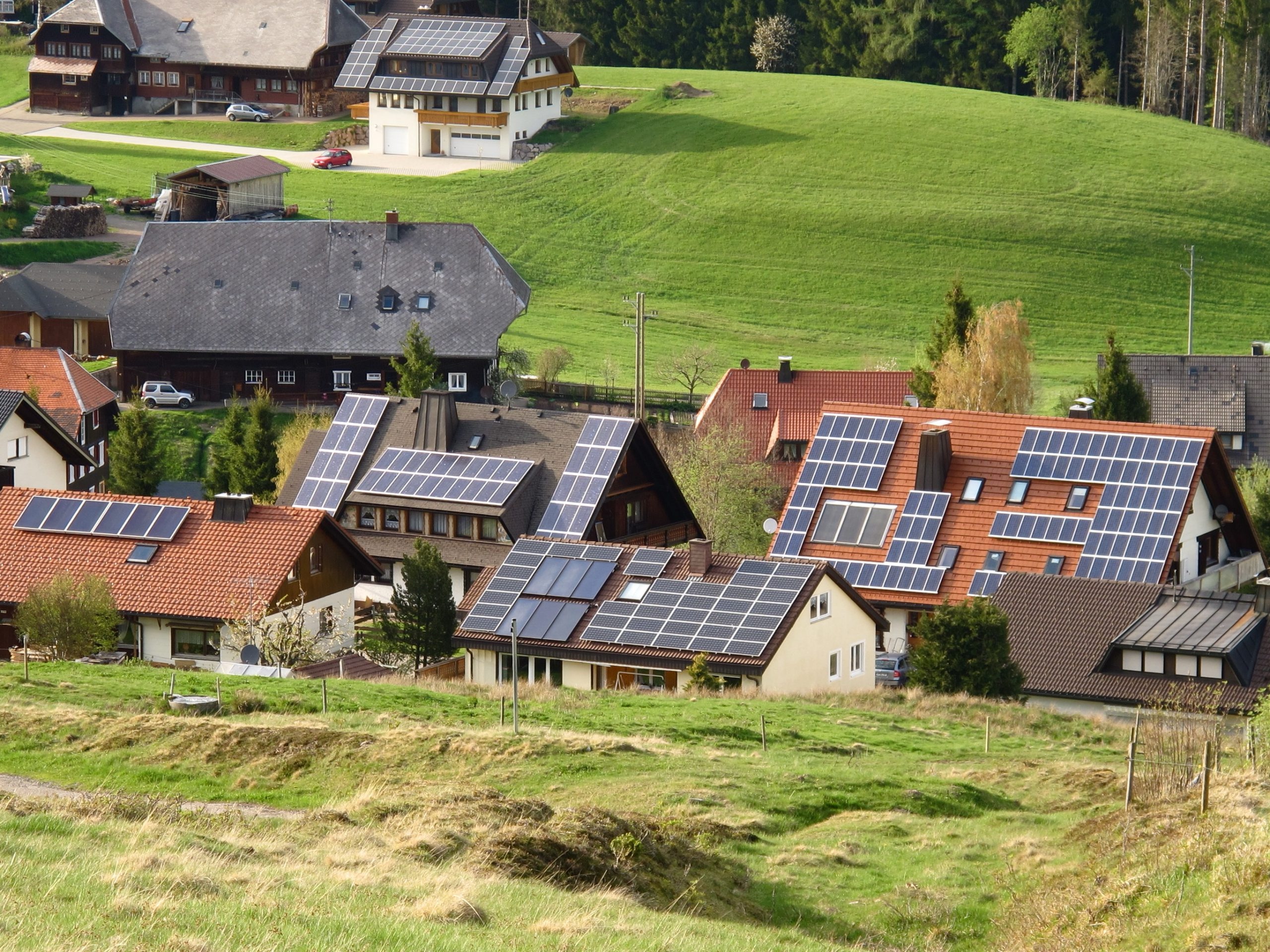
The rapid growth of renewable energy sources, particularly wind and solar power, has put strain on the country’s electricity grid. Upgrading the grid infrastructure to accommodate the integration of renewable energy is a key priority for the German government.
Regulatory and Permitting Hurdles
The permitting process for renewable energy projects in Germany can be complex and time-consuming, often posing a barrier to the timely deployment of new projects. The government has acknowledged the need to streamline the regulatory environment to facilitate the energy transition.
Public Acceptance and Social Impacts
Ensuring public acceptance and mitigating the social impacts of the energy transition is also a crucial consideration for the German government. The transition can have implications for jobs, energy prices, and local communities, which need to be carefully managed.
Conclusion
Germany’s energy transition is a comprehensive and ambitious endeavor, driven by the country’s commitment to reducing greenhouse gas emissions and increasing the share of renewable energy in its energy mix. With a diverse renewable energy portfolio, a strong focus on wind and solar power, and a range of policies and incentives in place, Germany is well-positioned to lead the global shift towards a sustainable energy future. However, the country must also address the ongoing challenges and barriers to ensure a smooth and equitable transition that benefits both the environment and its citizens.
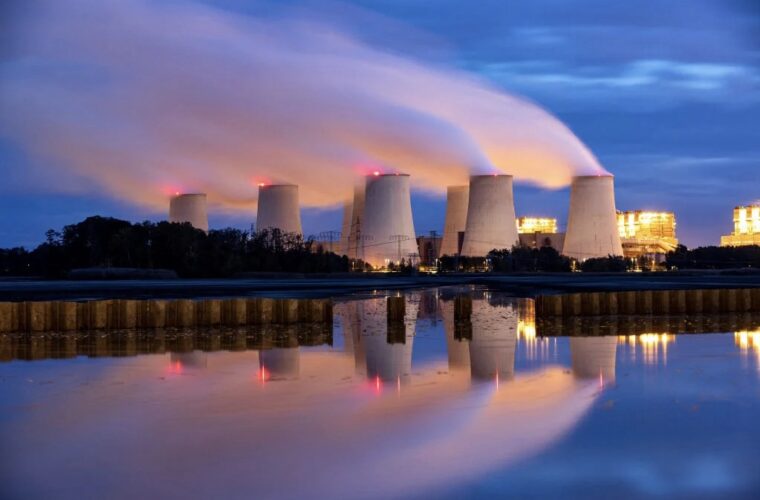
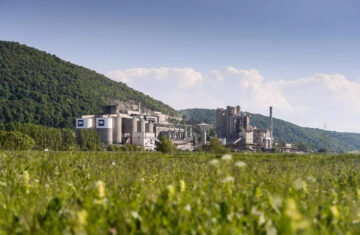
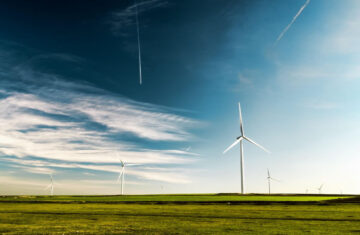
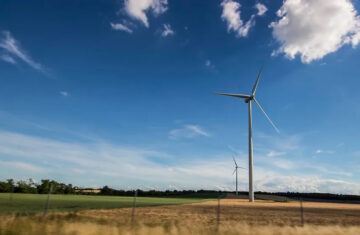
[…] is renowned for its commitment to renewable energy sources, and geothermal power is an increasingly important part of this green energy landscape. […]
[…] Alemanha é conhecida por seu compromisso com as fontes de energia renováveis, e a energia geotérmica é uma parte cada vez mais importante desse […]
[…] Germania è rinomata per il suo impegno verso le fonti di energia rinnovabile e l’energia geotermica è una parte sempre più importante di questo […]
[…] est réputée pour son engagement en faveur des sources d’énergie renouvelables, et l’énergie géothermique occupe une place de plus […]
[…] es famosa por su compromiso con las fuentes de energía renovables, y la energía geotérmica es una parte cada vez más importante de […]
[…] ist bekannt für sein Engagement für erneuerbare Energiequellen, und die Geothermie ist ein zunehmend wichtiger Bestandteil dieser grünen Energielandschaft. Die […]
[…] Energie. Während sich die Welt weiterhin mit der dringenden Notwendigkeit auseinandersetzt, sich von fossilen Brennstoffen zu lösen und auf nachhaltige, kohlenstofffreie Alternativen umzusteigen, […]
[…] the country’s clean energy efforts. As the world continues to grapple with the pressing need to transition away from fossil fuels and towards sustainable, carbon-free alternatives, Germany’s solar energy […]
[…] propre. Alors que le monde continue de se débattre avec le besoin pressant d’abandonner les combustibles fossiles au profit d’alternatives durables et sans carbone, le paysage de […]
[…] mondo continua a confrontarsi con l’urgente necessità di abbandonare i combustibili fossili per passare ad alternative sostenibili e prive di emissioni di carbonio, il panorama dell’energia solare in […]
[…] the challenges that lie ahead, the bright future of wind power in Germany is undeniable, and the lessons and insights gained from the country’s experiences will be […]
[…] the world continues to grapple with the urgent need to transition away from fossil fuels and towards renewable energy sources, Germany has emerged as a global leader […]
[…] o mundo continua a lidar com a necessidade urgente de fazer a transição dos combustíveis fósseis para fontes de energia renováveis, a Alemanha surgiu como líder global […]
[…] mondo continua a confrontarsi con l’urgente necessità di abbandonare i combustibili fossili per passare alle fonti di energia rinnovabili, la Germania è emersa come leader mondiale nello sviluppo e […]
[…] que le monde continue de se débattre avec la nécessité urgente d’abandonner les combustibles fossiles au profit des sources d’énergie renouvelables, l’Allemagne […]
[…] el mundo sigue lidiando con la urgente necesidad de abandonar los combustibles fósiles en favor de las fuentes de energía renovables, Alemania se ha […]
[…] expansion of renewable energy, with bioenergy seen as an important contributor to the country’s energy transition. This public support has helped to create a favorable environment for the continued growth of the […]
[…] des énergies renouvelables, la bioénergie étant considérée comme un élément important de la transition énergétique du pays. Ce soutien public a contribué à créer un environnement favorable à la croissance […]
[…] delle energie rinnovabili e la bioenergia è considerata un importante contributo alla transizione energetica del Paese. Questo sostegno pubblico ha contribuito a creare un ambiente favorevole alla continua […]
[…] expansão da energia renovável, sendo a bioenergia vista como uma importante contribuição para a transição energética do país. Esse apoio público ajudou a criar um ambiente favorável para o crescimento contínuo do […]
[…] la expansión de las energías renovables, y la bioenergía se considera un factor importante en la transición energética del país. Este apoyo público ha contribuido a crear un entorno favorable para el crecimiento […]
[…] der Deutschen den Ausbau der erneuerbaren Energien, wobei die Bioenergie als wichtiger Beitrag zur Energiewende angesehen wird. Diese öffentliche Unterstützung hat dazu beigetragen, ein günstiges Umfeld für […]
[…] has long been at the forefront of the global transition to renewable energy sources. In 2022, renewable energy accounted for 46% of the country’s total electricity […]
[…] steht seit langem an der Spitze des weltweiten Übergangs zu erneuerbaren Energiequellen. Im Jahr 2022 betrug der Anteil der erneuerbaren Energien an der gesamten Stromerzeugung des Landes […]
[…] lleva mucho tiempo a la vanguardia de la transición mundial hacia las fuentes de energía renovables. En 2022, las energías renovables representaron […]
[…] muito tempo, a Alemanha está na vanguarda da transição global para fontes de energia renováveis. Em 2022, a energia renovável foi responsável por 46% […]
[…] Germania è da tempo all’avanguardia nella transizione globale verso le fonti energetiche rinnovabili. Nel 2022, le energie rinnovabili hanno […]
[…] est depuis longtemps à l’avant-garde de la transition mondiale vers les sources d’énergie renouvelables. En 2022, les énergies renouvelables […]
[…] the long term, Eco Power One will support the transition to a sustainable energy supply by reducing reliance on fossil fuels, promoting renewable energy integration, and […]
[…] fierce reactions from renewable energy producers, who highlighted their role as key players in transitioning the country to sustainable energy. Industry insiders argue that they should not bear the brunt of […]